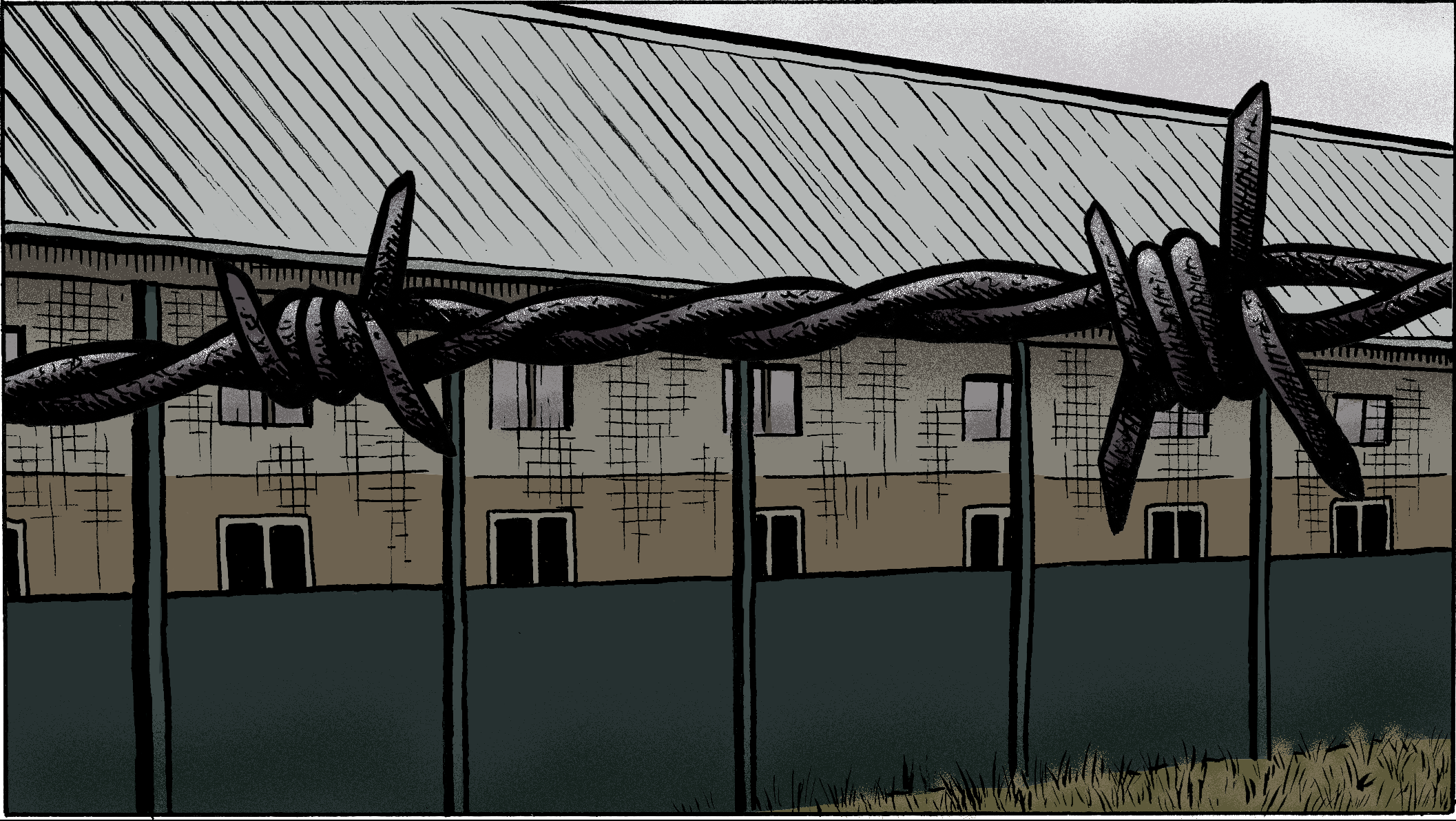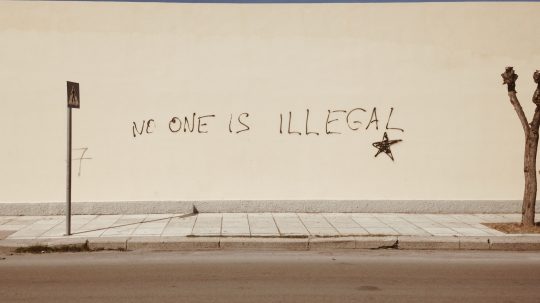In the UK, thousands of people are held in immigration detention every year under immigration powers and held in ‘prison-like’ conditions. Who are they, what happens when they are detained, and how can they get out?
What is immigration detention?
The government’s Home Office has the power to detain foreign nationals who do not have the legal right to be in the UK or whose claim to stay in the UK is being decided. People who do not have British citizenship or leave to remain in the UK can be detained under a variety of circumstances. This can include foreign nationals who do not have a valid visa to stay in the UK, foreign nationals who have been found to have committed a crime but have already served their sentence set by the court, people who have claimed asylum but who are waiting for the government to decide on their claim, and people whose asylum claim has been rejected.
What is leave to remain?
Foreign nationals can be given permission to stay in the UK by the government for a set amount of time, usually five years, or indefinitely. An individual who has leave to remain can apply for settled status after a certain period of time, which, if accepted, would give them indefinite leave to remain (ILR), the right to stay in the UK for as long as they like.
In the UK, a person becomes a refugee when the government agrees that an individual who has applied for asylum meets the definition in the Refugee Convention. They will ‘recognise’ that person as a refugee and issue them with refugee status documentation. Usually refugees in the UK are given five years’ leave to remain as a refugee. They must then must apply for further leave, although their status as a refugee is not limited to five years.
The UK received 63,089 asylum applications in the year ending June 2022, but offered asylum, humanitarian protection, alternative forms of leave and resettlement to 15,684 people, according to the latest government statistics. This number was 24% lower than in 2019.
Where are people detained?
Foreign nationals can be detained in immigration removal centres (IRCs) for an indefinite amount of time, though usually people are held in detention for a few days or weeks. There are currently seven immigration detention centres and several short-term holding centres in the UK.
Some people are also held in immigration detention in prisons. Foreign nationals who have finished serving a custodial sentence can remain in prison under immigration powers. An individual was found to have been held under immigration powers in prison for 33 months, according to a September report from the HM Inspectorate of Prisons. It said it was “unacceptable” to hold a person for this length of time.
Foreign nationals can be stopped and detained under immigration powers upon entry to the UK or when they have been in the UK for a while and do not have a valid visa.
How many people are in detention?
According to the latest government statistics, 24,004 people entered immigration detention in the year ending June 2022, a small decrease of 2% compared with 2019.
At the end of June 2022, there were 2,038 people in immigration detention, including those detained under immigration powers in prison, close to three times more than at the end of June 2020.
There were 3,231 people deported by the government in the year ending March 2022. The vast majority of them had been found guilty of a crime and 51% were EU nationals. People from Iran account for the largest proportion of any nationality detained in the latest year, accounting for 18% of the total, followed by people from Albania. Research from the charity Detention Action showed that Black people are detained for significantly longer than white people.
Who is at risk of deportation to Rwanda?
The government has said that “anyone entering the UK illegally” can be deported to Rwanda under the UK-Rwanda migration partnership. This includes people seeking asylum, whose claim will be decided in Rwanda. The UN Refugee Agency has said this undermines the 1951 Refugee Convention.
What is detention like?
A report published last month by the HM Inspectorate of Prisons found one IRC to be “prison-like”. It found that 28% of those held in detention felt suicidal and one third felt unsafe in the centre. It highlighted that many people in detention felt they were not given meaningful updates on their cases, especially for those who were due to be relocated to Rwanda.
For those held in prison, the inspectorate found people held under immigration powers were held for prolonged periods of time, despite experiencing significant mental health problems. A recent report for the charity Bail For Immigration Detainees found that 70% of people in immigration detention in prison who took part in their survey did not have a legal representative in their case.
How can people get out of detention?
People held in immigration detention can apply for bail, to the Home Office and/or from an immigration judge. People in detention can apply for tribunal bail if they have been in the UK for at least eight days. If successful, they can be released on bail by an immigration judge, under certain conditions.





